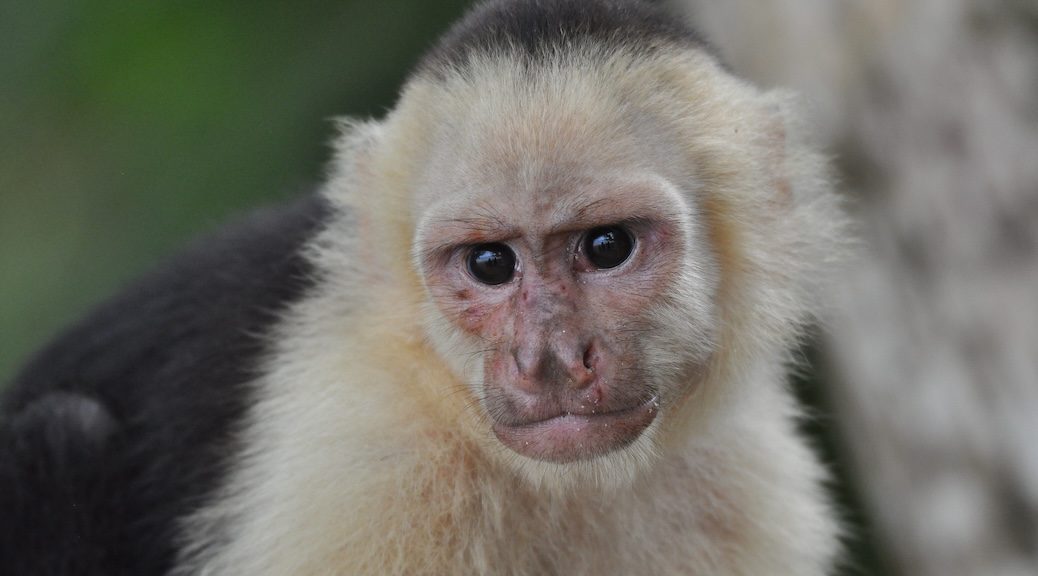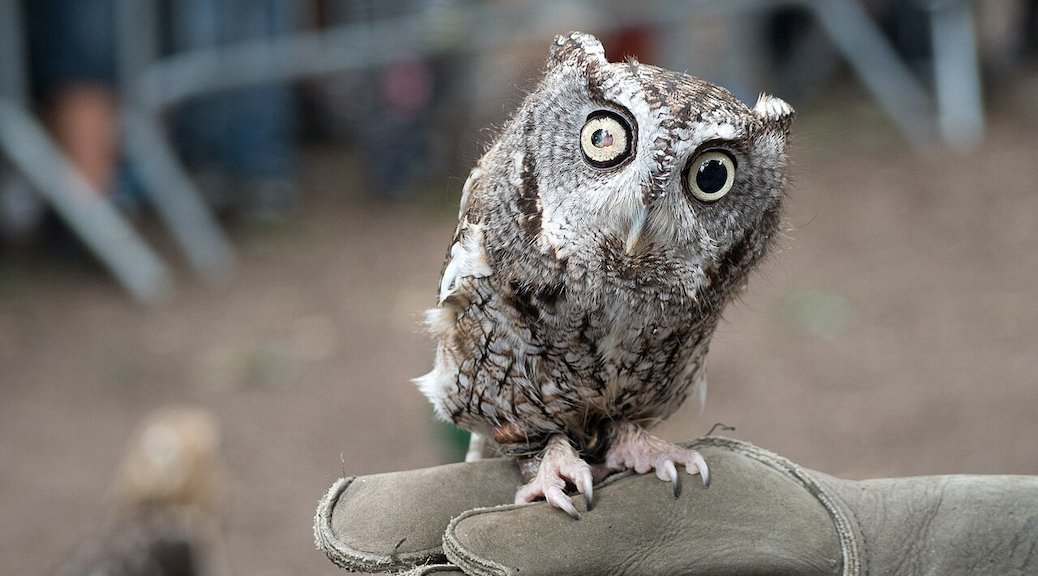What is the source of morality? This is a question that has bothered philosophers, theologians and others for centuries. Science, however, is now providing us with some significant insights. A few examples are cited in 7 Principles of Nature: How We Strayed & How We Return (see pp. 101-104) by Aldrich Chan, a neuropsychologist teaching and practicing in Florida.
We already know about capuchin monkeys and their sense of fairness. If two monkeys in adjoining cages are both conditioned to perform the same specific task with the reward of a peanut, they will happily comply. But if one of the monkeys receives a grape, which is a more valuable reward than a peanut, the other will rattle its cage in objection, throw a temper tantrum, and refuse to do its task. And in other experiments with capuchin monkeys, they prefer to share their reward with others rather than just keep it for themselves.
Continue reading An Inherent Morality – The Quadra Project




